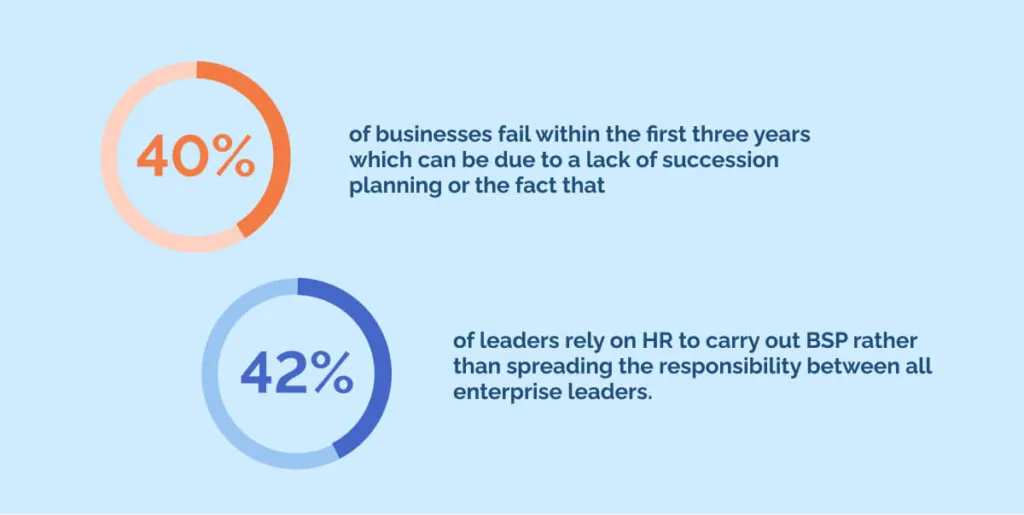For many family-owned businesses, passing the torch to the next generation is more than a financial move—it’s a legacy decision. However, without a clear succession plan in place, even the most successful businesses can face serious challenges. Here’s why succession planning is critical for family-run companies:

A solid succession plan outlines who will take over leadership and when. This ensures the business doesn’t stall due to uncertainty, especially during emergencies or unexpected events.
Succession can become a sensitive topic. Planning early and clearly helps avoid misunderstandings, rivalry, or legal disputes among family members by aligning everyone’s expectations.
Unplanned transitions can lead to leadership gaps, customer loss, and revenue decline. A smooth, well-planned handover helps maintain trust with clients, employees, and partners—keeping the business value intact.
A good plan gives future leaders time to train, gain experience, and earn respect within the organization. This reduces the risk of failure when they finally take the reins.
Succession planning also includes strategies for minimizing taxes, handling ownership transfers, and ensuring financial stability during the transition period.